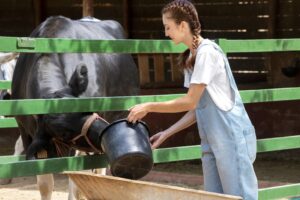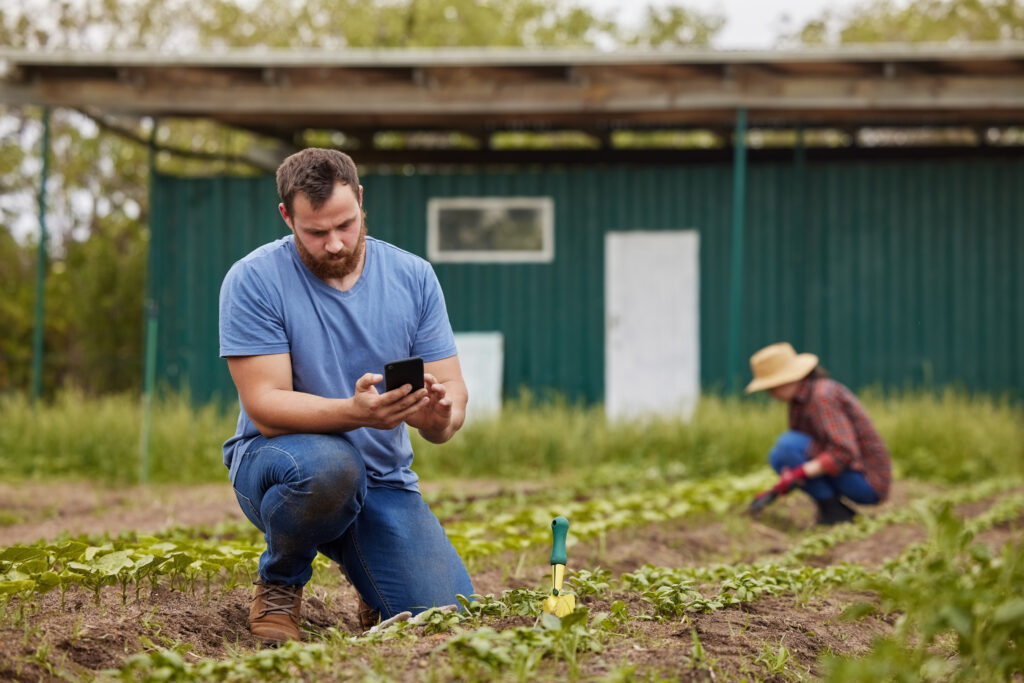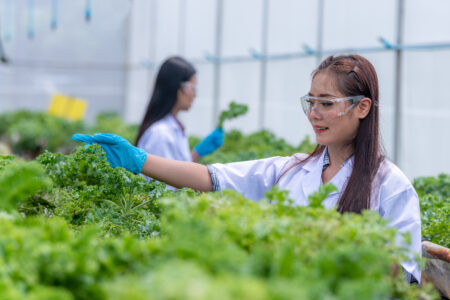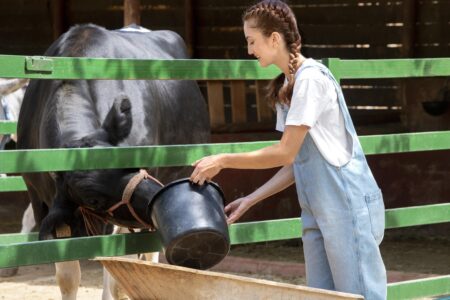Befriending a farmer can be a rewarding and enriching experience. Farmers are individuals who work hard to provide food and other essential resources, and they often have a deep connection to the land and nature. To befriend a farmer, you need to approach the relationship with respect, patience, and an open mind. In this 1500-word guide, we’ll explore various aspects of building a friendship with a farmer, from understanding their lifestyle and values to engaging in meaningful conversations and offering your support.
Understanding the Farmer’s Lifestyle
Before attempting to befriend a farmer, it’s crucial to understand their lifestyle and the unique challenges they face. Farmers lead a demanding and often unpredictable way of life, and having empathy for their circumstances is the foundation of a successful friendship.
- Respect Their Work Ethic: Farmers typically work long hours, especially during planting and harvest seasons. They may need to wake up early and go to bed late to tend to their crops and animals. Showing respect for their strong work ethic is a good starting point.
- Be Mindful of Seasons: Farming activities are highly seasonal, and farmers’ availability may vary throughout the year. It’s essential to understand their busiest times and be patient when they have limited free time.
- Value for Nature: Many farmers have a deep respect for the environment and sustainable farming practices. Understanding their commitment to nature and eco-friendly farming methods can help you connect on a more meaningful level.
Approaching a Farmer with Respect
Once you’ve gained insight into the farmer’s lifestyle, it’s time to approach them with respect and consideration. Here are some tips for making a good first impression:
- Start with Small Talk: Begin with casual conversations about the weather, local events, or any common interests you may have. Building rapport gradually can make them feel more comfortable with your presence.
- Offer a Helping Hand: If you’re genuinely interested in farming or want to get closer to the farmer, offer your assistance. Even if you lack experience, your willingness to help and learn can be appreciated.
- Respect Their Privacy: It’s essential to respect the farmer’s privacy and personal space. Don’t invade their property or ask invasive questions about their business or family life until they are comfortable sharing.
- Show Gratitude: Express your gratitude for their hard work in providing food and resources. Farmers often don’t receive the recognition they deserve, and your acknowledgment can go a long way in building a positive relationship.
Engaging in Meaningful Conversations
Building a friendship involves more than just small talk. Meaningful conversations help you connect on a deeper level and discover common interests. Here are some ways to engage in substantial discussions with a farmer:
- Ask About Farming Practices: Show genuine interest in their work by asking about their farming methods, crops, and livestock. This can lead to informative discussions about agriculture and sustainable practices.
- Learn from Them: Farmers have a wealth of knowledge about the land and nature. Be open to learning from them, whether it’s about soil quality, plant varieties, or animal husbandry.
- Share Your Interests: Share your own interests and hobbies, which may not be related to farming. This can help you find common ground and diversify your conversations.
- Discuss Local Issues: Engage in conversations about local events, issues, and developments in your community. Farmers are often deeply rooted in their local areas and can offer valuable insights.
- Family and Personal Life: As your friendship deepens, it’s natural to discuss personal matters. Be a good listener and share your own experiences as well. Building trust is essential in any friendship.
Offering Support and Help
Farmers may face various challenges, and offering support can strengthen your friendship. Here are ways to lend a helping hand:
- Assist in Chores: If you have some free time and are physically capable, offer to help with farm chores. This could include weeding, feeding animals, or assisting with repairs.
- Share Resources: If you have skills or resources that can be of use to the farmer, offer them. For instance, if you are a carpenter, you could help with building projects on the farm.
- Be a Listening Ear: Sometimes, farmers may want to vent their frustrations or talk about their challenges. Be there to listen and provide emotional support.
- Offer Transportation: Farmers may need transportation to pick up supplies or sell their produce at markets. Offering to drive them can be a significant help.
- Buy Local: Support the farmer’s business by purchasing their products or recommending them to others. This not only helps the farmer financially but also shows your commitment to their livelihood.
Respecting Their Independence
While offering help and support is essential, it’s equally important to respect a farmer’s independence and autonomy. Here’s how to strike a balance:
- Ask Before Helping: Always ask if they need assistance before offering it. Some farmers prefer to do things independently and may decline your help.
- Don’t Overstep Boundaries: Respect their decisions and boundaries. If they decline your assistance or ask you to leave their property, do so gracefully.
- Acknowledge Their Expertise: Farmers are often experts in their field. Acknowledge their experience and knowledge rather than assuming you know better.
- Be Patient: Farmers may not always have time for social interactions, so be patient and flexible with your friendship. They will appreciate your understanding.
Attending Farm-Related Events
Many farmers participate in local events, fairs, and markets to sell their produce and connect with the community. Attending these events is an excellent way to support them and deepen your friendship. Here’s how to make the most of these occasions:
- Visit Their Booth: If the farmer you want to befriend has a booth at a local market, visit them there. It’s an opportunity to chat and show your support.
- Bring Friends or Family: Invite friends or family to these events, as it can be a great way to introduce more people to the farmer’s products and build a sense of community.
- Buy Their Products: Make a point of purchasing some of their products. It not only supports their business but also demonstrates your genuine interest in their work.
- Help with Setup or Cleanup: Offer to assist with setting up or cleaning up their booth. This helps them save time and effort.
Respecting the Farmer’s Time
Farmers often have irregular schedules and long working hours, so it’s essential to respect their time and commitments. Here’s how:
- Set Appointments: If you want to spend time with the farmer, especially if you’re planning a visit to their farm, make an appointment in advance. This allows them to plan around their busy schedule.
- Be Punctual: If you have a scheduled meeting or assistance, be on time. Farmers have tight schedules, and being late can disrupt their work.
- Flexible Plans: Be flexible with your plans, as farming activities can be unpredictable. Understand that they might need to reschedule or cancel at short notice.
Building Trust and Reliability
Trust is a fundamental aspect of any friendship. Building trust with a farmer takes time and effort, but it’s crucial for a strong and lasting connection:
- Honesty: Be honest and transparent in your interactions. Honesty builds trust and credibility.
- Consistency: Consistency in your actions













